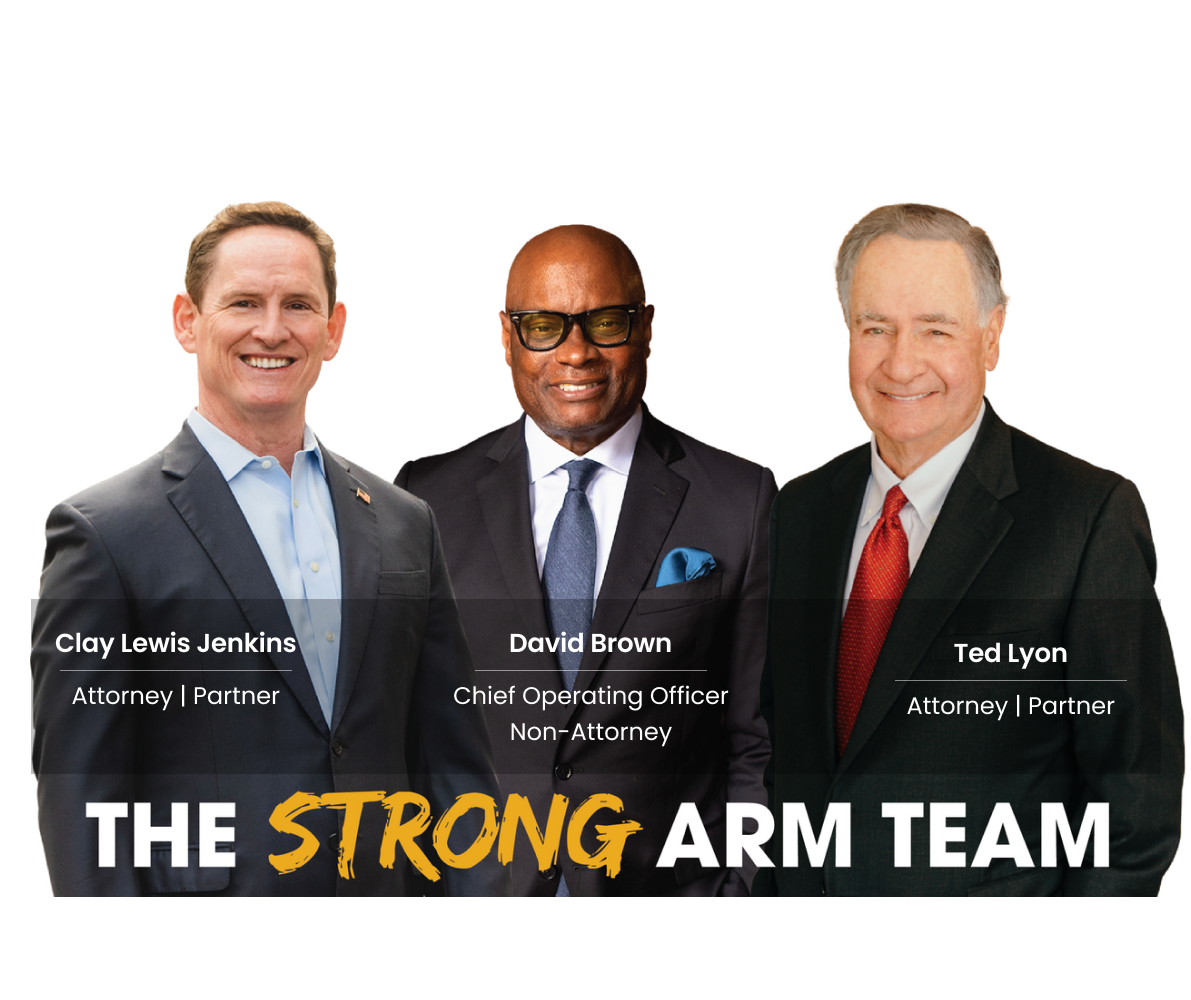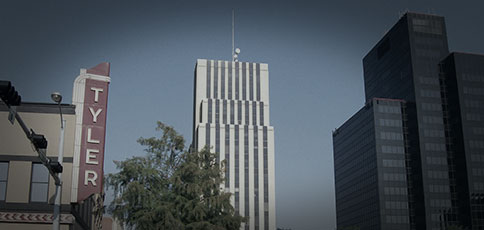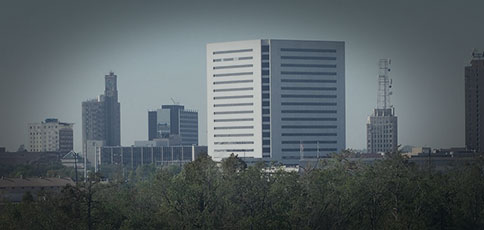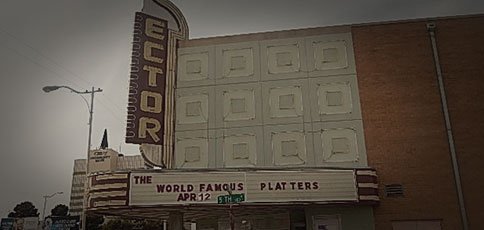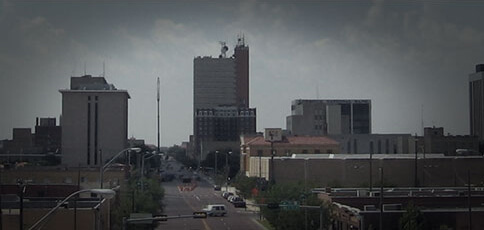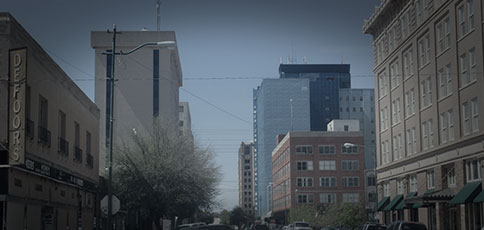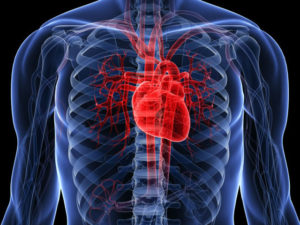
Loncar Lyon Jenkins is now investigating product defects of Heater-Cooler Systems causing severe infections in patients
Heater-cooler devices are commonly used during cardiothoracic surgeries, which most commonly includes open-heart surgery or transplant of an organ that resides in the chest. The device functions to warm or cool a patient in order to help regulate blood flow and temperature during medical care to improve patient outcomes. Heater-cooler devices are to designed to have water tanks provide temperature-controlled water to external heat exchangers or warming/cooling blankets through closed circuits. While the water in the circuits may not come into direct contact with the patient, evidence shows contaminated water enters other parts of the device and is aerosolized. The device is then capable of transmitting bacteria into the air and ultimately into the patient through the device’s exhaust vent.
Surgeries that may include the use of a heater-cooler include:
- Heart valve replacement
- Heart transplant
- Lung transplant
- Coronary artery bypass graft (CABG)
- Extracorporeal membrane oxygenation (ECMO)
- Left ventricular assist device (LVAD) implant
- Aortic anomaly surgery
- Pulmonary artery banding
- Lung resection
The bacteria, nontuberculous mycobacteria (NTM), may cause serious, life-threatening infections. Patients undergoing cardiothoracic surgeries are especially vulnerable because of their compromised immune systems. NTM is a specific type of bacteria linked directly to heater-cooler devices. While there are a variety of different NTM bacerial infections, M. chimaera cases linked to water-heaters make up the majority of reports. Because M. chimaera is not commonly found in humans, studies have been able to link its transmission to heater-cooler devices. According to a variety of studies, NTM bacteria is slow growing and may not produce symptoms for months or even years after the infection. Complications of the infection result in an approximately 50 percent mortality rate. Also, if doctors implanted a device into a patient’s chest, the implant may also be infected. In this case, the patient would have to undergo further surgeries to remove the infected implant.

800-285-HURT (4878)Available 24/7 | 356 Days | se habla español
History of Heater-Cooler device contamination and FDA safety communications
The Sorin Stockert 3T, approved by the FDA in 2006, was the first device to market and is still the most popular heater-cooler device on the market. Other Heater-Cooler device models include:
- Maquet HCU20, HCU30, HCU40
- Cincinnati Sub-Zero 333W and Hemotherm
- Terumo HX2
In August 2015, FDA inspectors visited a Sorin facility in Munich, Germany to inspect the manufacturing process of the 3T heater-cooler device. Following the inspection, FDA investigators issued Sorin a Form 483 detailing various violations. The FDA released a statement regarding these violations in a warning letter on December 29, 2015. According to the FDA, the company failed to validate several design change orders to the product’s cleaning IFU in 2012 and 2015. The company also failed to validate a new process for disinfection and drying of its T3 devices. Thirdly, the company had failed to establish internal systems to provide communication of events that may be subject to MDR requirements and timely transmission of complete medical device reports. Also of note in the FDA safety communication was the identification of
“complaints of patient deaths due to infection from non-tuberculosis mycobacteria (NTM), specifically mycobacteria chimaera, since January 2014, where the cause of the infection appeared to be 3T devices colonized with the mycobacteria”.
This means that the company was aware of the potential for severe infections as a result of their device going back to at least 2014, and most likely the risks of infection were know as early as 2010.
If you or someone you love were among those who experienced a severe infection after open-heart surgery, you may be eligible for compensation. Loncar Lyon Jenkins is investigating cases in all 50 states. Contact Loncar Lyon Jenkins immediately for a free, confidential case evaluation using the form on the side or by calling toll free at 800.285.4878. Heater-cooler device lawsuits are being evaluated on a contingency fee basis, meaning you pay nothing unless a recovery is obtained.

